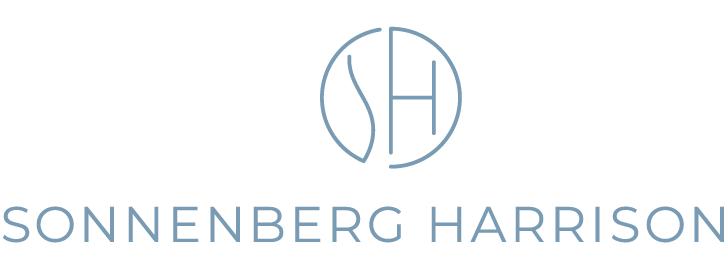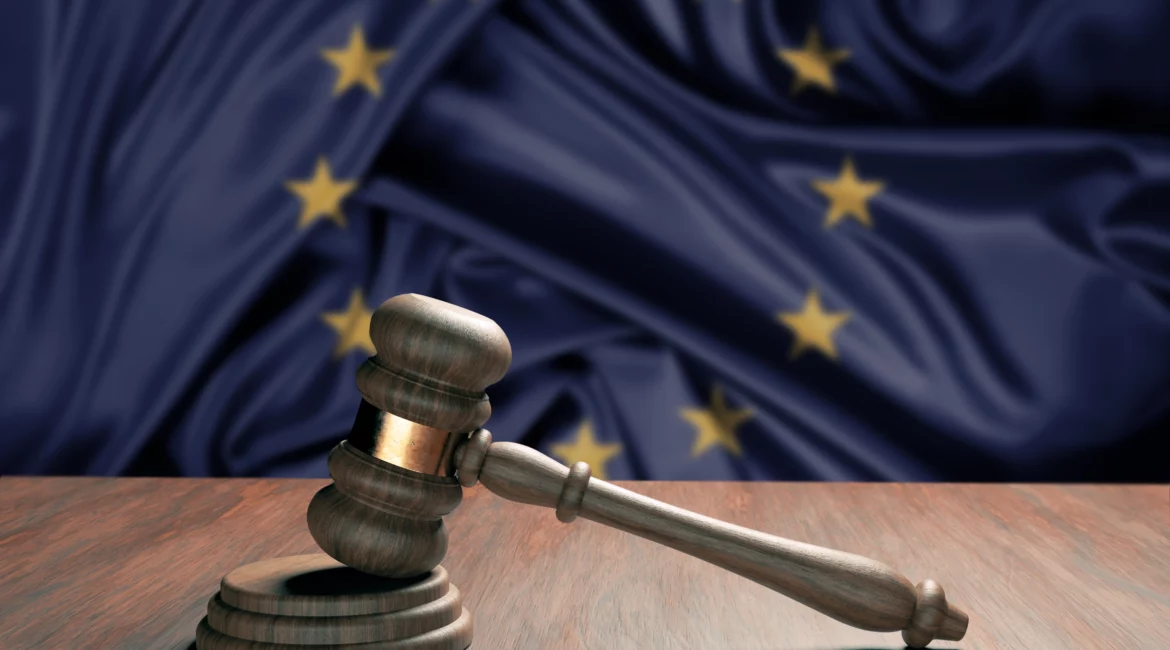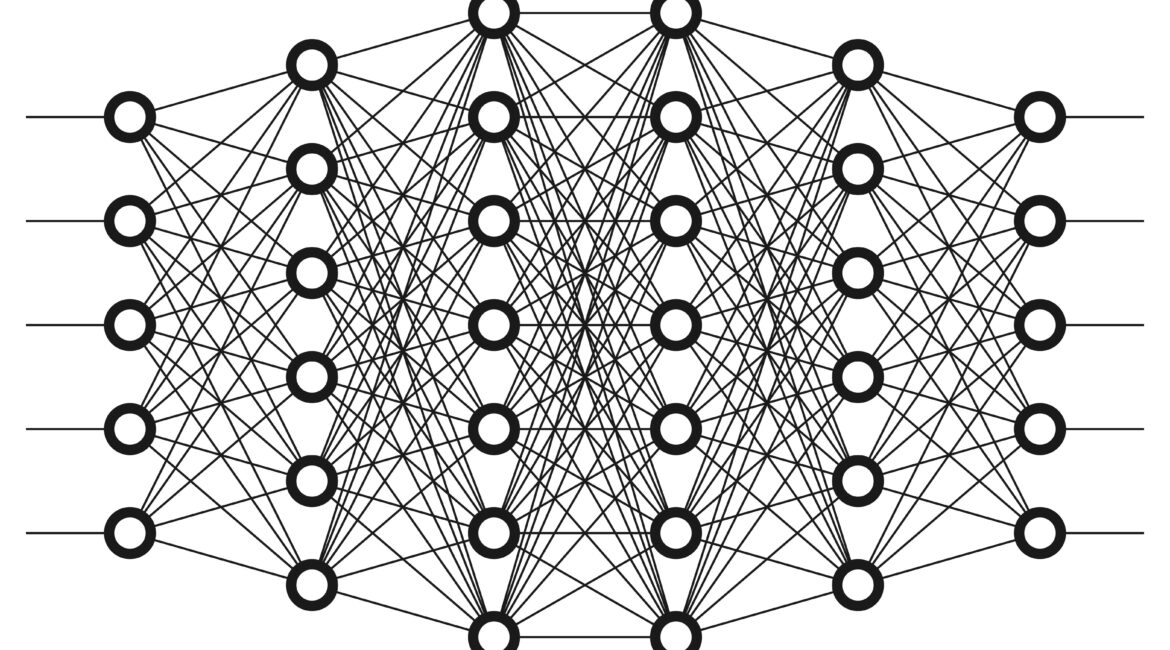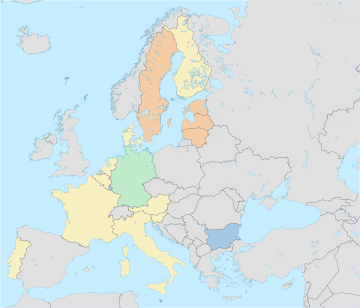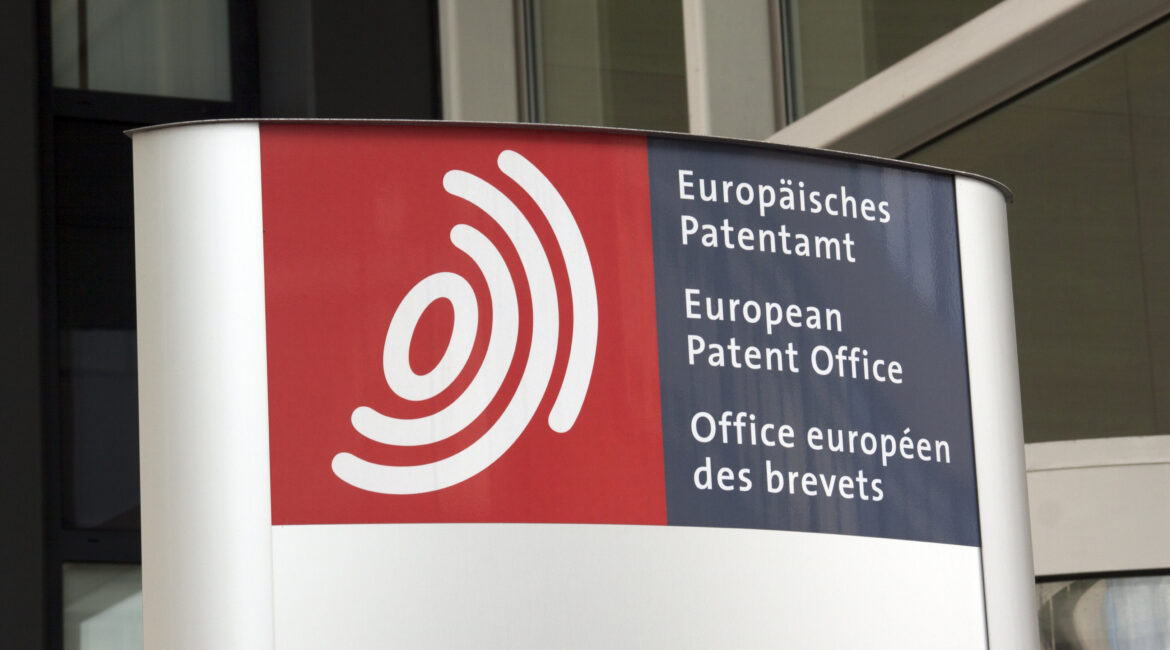In a significant ruling delivered on September 27, 2024, the Hamburg Regional Court (LG Hamburg) in Germany addressed the growing tension between copyright law and the use of copyrighted materials for training artificial intelligence (AI) models. The case highlights the complexities of copyright when images are used for AI training...
Improving reinforcement learning alone is not inventive
The European Patent Office's Board of Appeal highlighted in case T1952/21 that claiming an improvement in reinforced learning alone is not sufficient to justify the grant of a patent. The patent application was directed to a machine learning system using reinforcement learning. The description explains that, in reinforcement learning, an...
Transition Timetable for the European AI Act
The European AI Act (Regulation (EU) 2024/1689) was published in the EU’s Official Journal on 12 July 2024 and entered into force on 1 August 2024. The timetable for the phased transition of the Act can now be determined: 1 August 2024: The AI Act enters into force (20 days...
Quantum Algorithms – Disclosing the Circuit
In a recent decision, the US Patent Trial and Appeal Board (PTAB) affirmed the rejection of a patent application filed by IBM entitled "Constant Folding for Compilation of Quantum Algorithms." This case offers valuable insights into the complexities of patenting innovations in the rapidly evolving field of quantum computing. The...
Romania Joins the European Unified Patent System
Before September 1, 2024, any Unitary Patent (UP) registration will cover the existing 17 UPC Member States, excluding Romania. After September 1, 2024, new Unitary Patent registrations will cover the territory of 18 Member States, including Romania (the second UP generation) Romania has ratified the Agreement on a Unified Patent...
European Parliament approves AI Act
On 13 March 2024, the European Parliament approved the EU's Artificial Intelligence (AI) Act. The text was agreed in negotiations with EU member states in December 2023 and has now been endorsed by members of the European Parliament. The new law aims to protect fundamental rights, democracy, the rule of law and...
Kilian Müller joins INTA’s ADR Committee
We are proud to announce that our colleague Kilian Müller has become a member of the International Trademark Association’s Alternative Dispute Resolution (ADR) Committee, serving for a two-year term as of 2024. The ADR Committee develops programming and resources on arbitration, mediation, online dispute resolution, and other methods of dispute...
US Patent Office – Guidance for AI Inventions
The US Patent and Trademark Office has issued a document to provide detailed guidance on inventorship in the context of AI-assisted inventions. The guidance clearly states that inventions created with the assistance of artificial intelligence (AI) are not categorically unpatentable, but the document emphasizes that even if AI plays a...
Fee Reductions at European Patent Office for Small Entities
The European Patent Office has announced a new fee reduction scheme, specifically designed for micro-entities, effective April 1, 2024. This scheme aims to support smaller and less experienced entities in Europe by easing access to the European patent system. It introduces a 30% fee reduction for various patent-related fees for...
European Patent Office – Fee Increases
The European Patent Office has announced a series of fee increases from 1 April that are set to impact various stages of the patent application and maintenance process. These adjustments are part of the EPO's regular review to ensure that the office remains financially self-sustaining, while also investing in improving...
